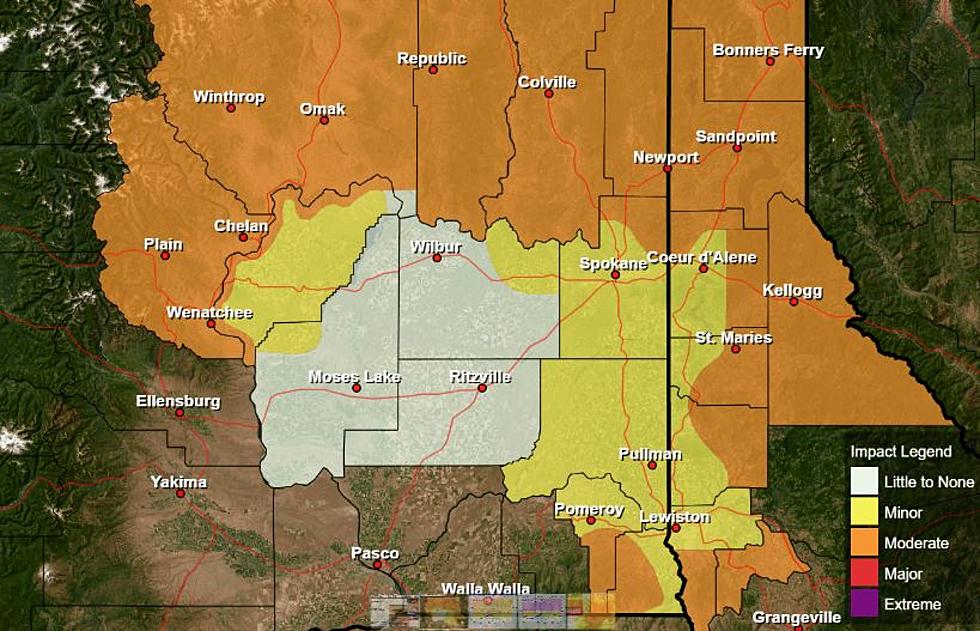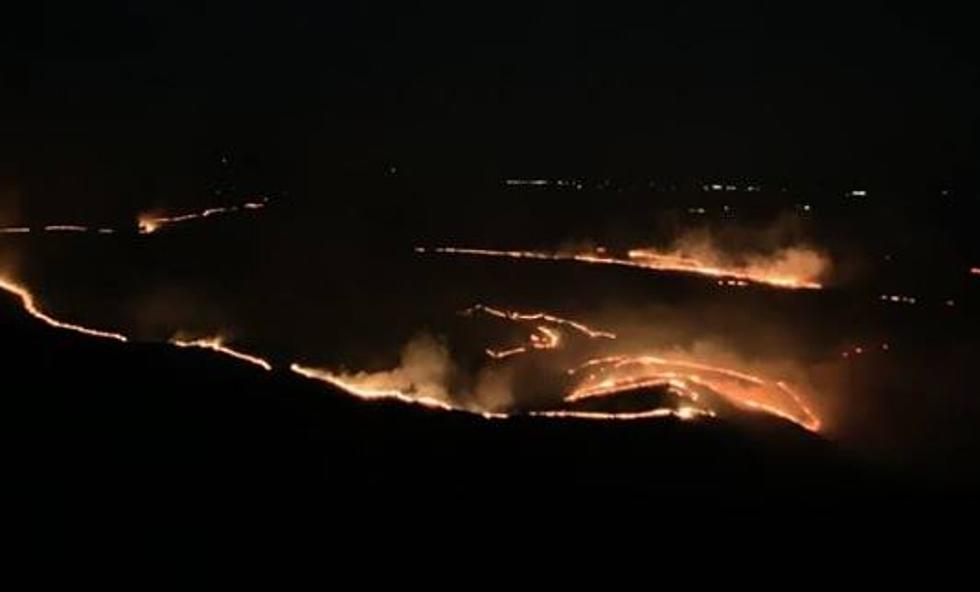
Oregon OSHA Adopts Wildfire Smoke Rules
Oregon’s Occupational Safety and Health Administration announced Monday the adoption of emergency rules intended to protect workers from wildfire smoke and shield workers living in labor housing from extreme heat. The new rules go in effect Monday August 9th and run for six months.
According to OSHA, employers are required to, whenever possible, change work schedules or relocate work when air quality levels reach 201, which is considered very unhealthy. If employees will be exposed to air quality levels above 201, employers must ensure that workers wear N95 respirators. For this year, employers can substitute those respirators with KN95 masks as long as air quality levels are below 499. The air quality index doesn’t track levels above 500. Employers must also maintain an adequate supply of respirators when air quality levels exceed 101, which is considered unhealthy to sensitive groups.
Employers must also develop a communication system to alert workers to air quality hazards and train workers who may be exposed to unhealthy air on the health risks of wildfire smoke and emergency procedures to protect workers. Those trainings must take place before August 16th.
On Monday, Oregon OSHA also announced that it is adopting rules requiring employers to provide cooling areas for workers living in labor housing when outside temperatures reach 80 degrees Fahrenheit (27 Celsius) and temperatures below 78 degrees cannot be maintained inside labor housing units. Employers will also be required to block windows to keep housing units cool and offer fans at no cost when temperatures inside the housing units exceed 78 F.
OSHA is working on adopting permanent rules this fall.
Governor Kate Brown directed Oregon OSHA and the Oregon Health Authority to develop a proposal for standards to protect employees from excessive heat and wildfire smoke in March 2020. It was part of a broader executive order mandating that certain state agencies engage in efforts to reduce greenhouse gas emissions and mitigate the impacts of climate change.
If you have a story idea for the PNW Ag Network, call (509) 547-1618, or e-mail gvaagen@cherrycreekmedia.com
More From PNW Ag Network









